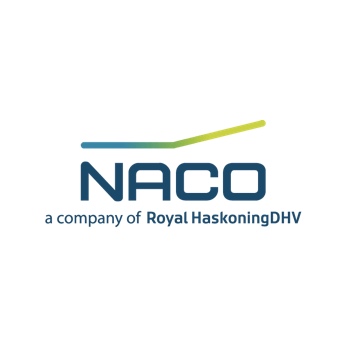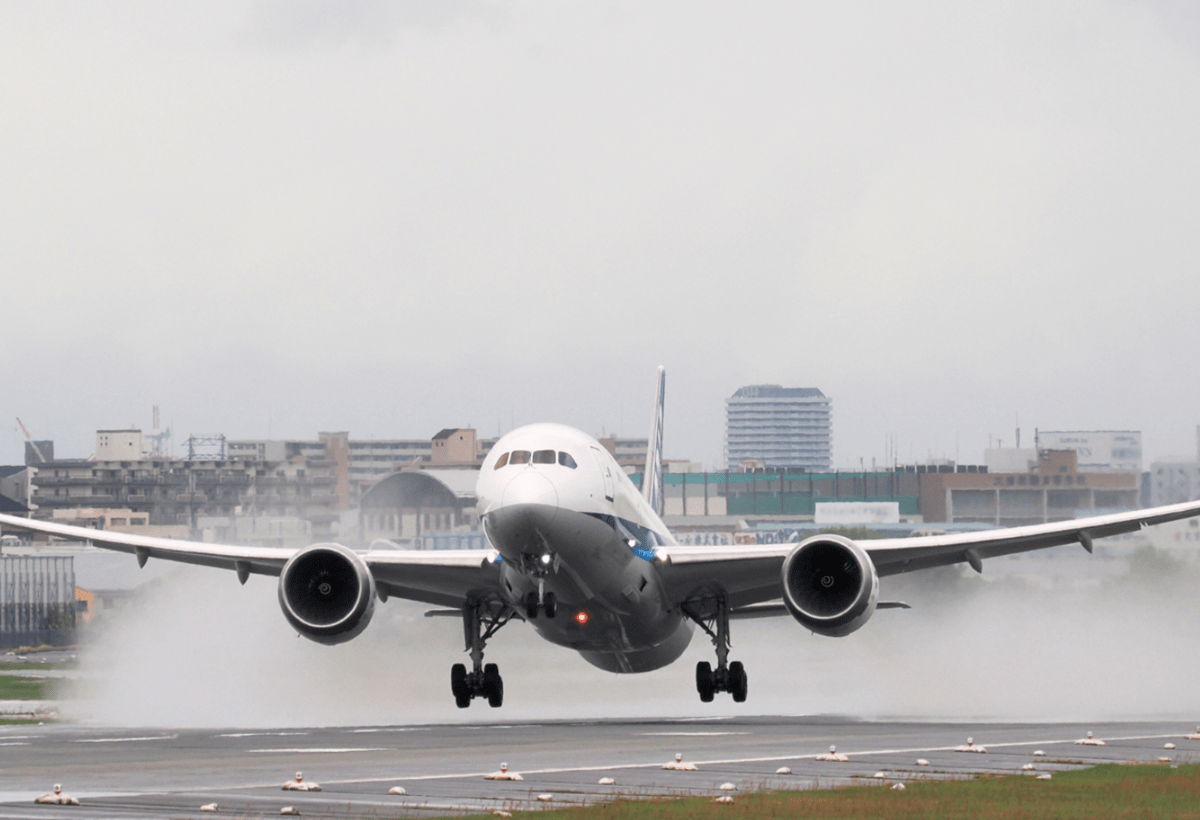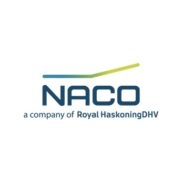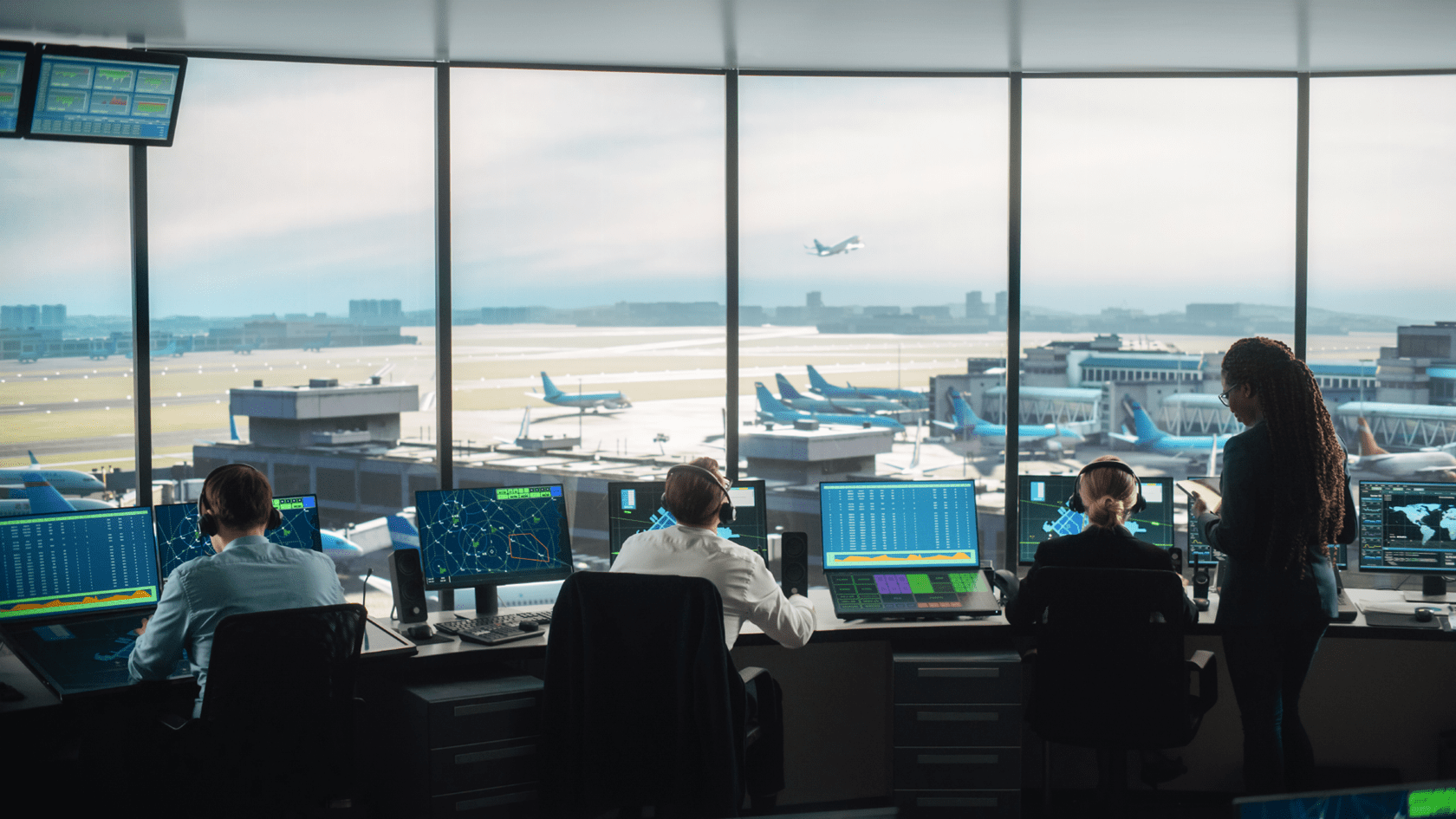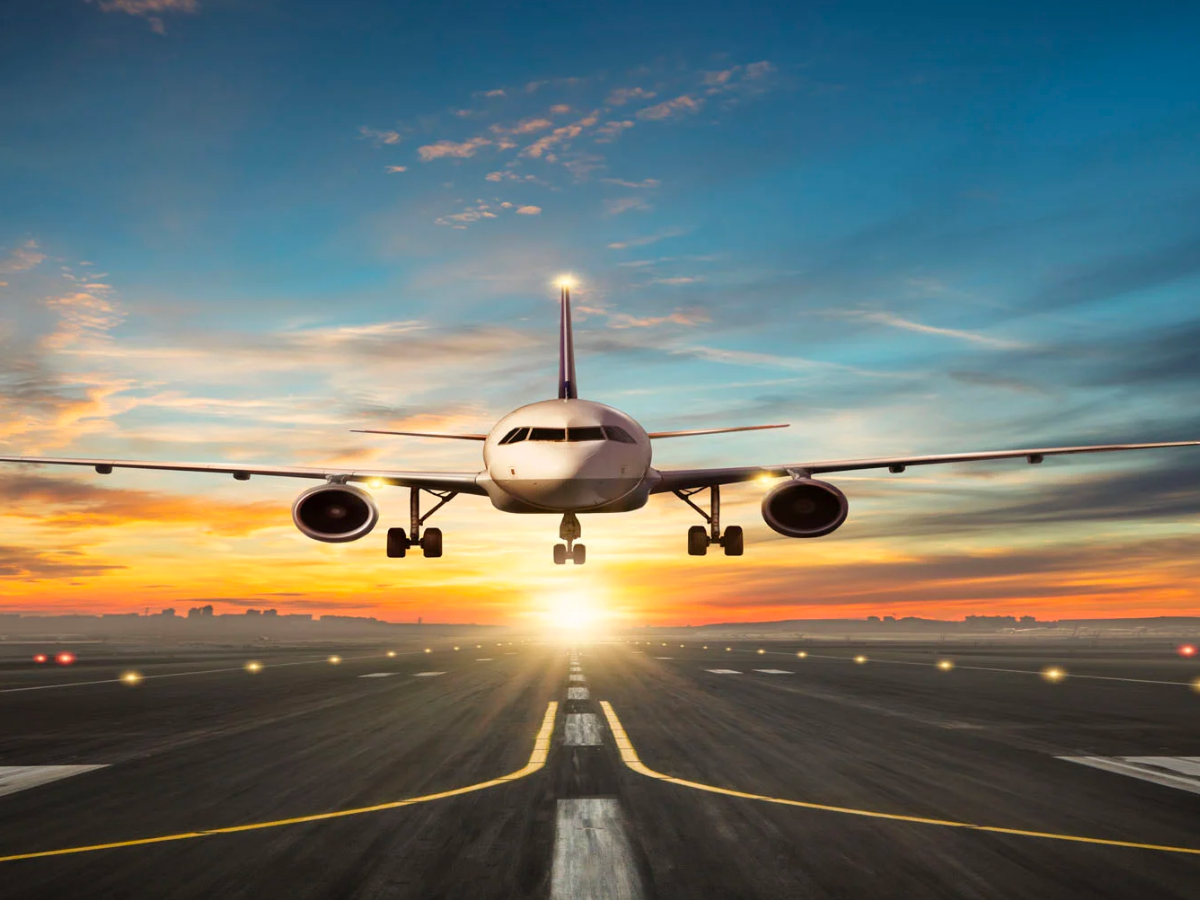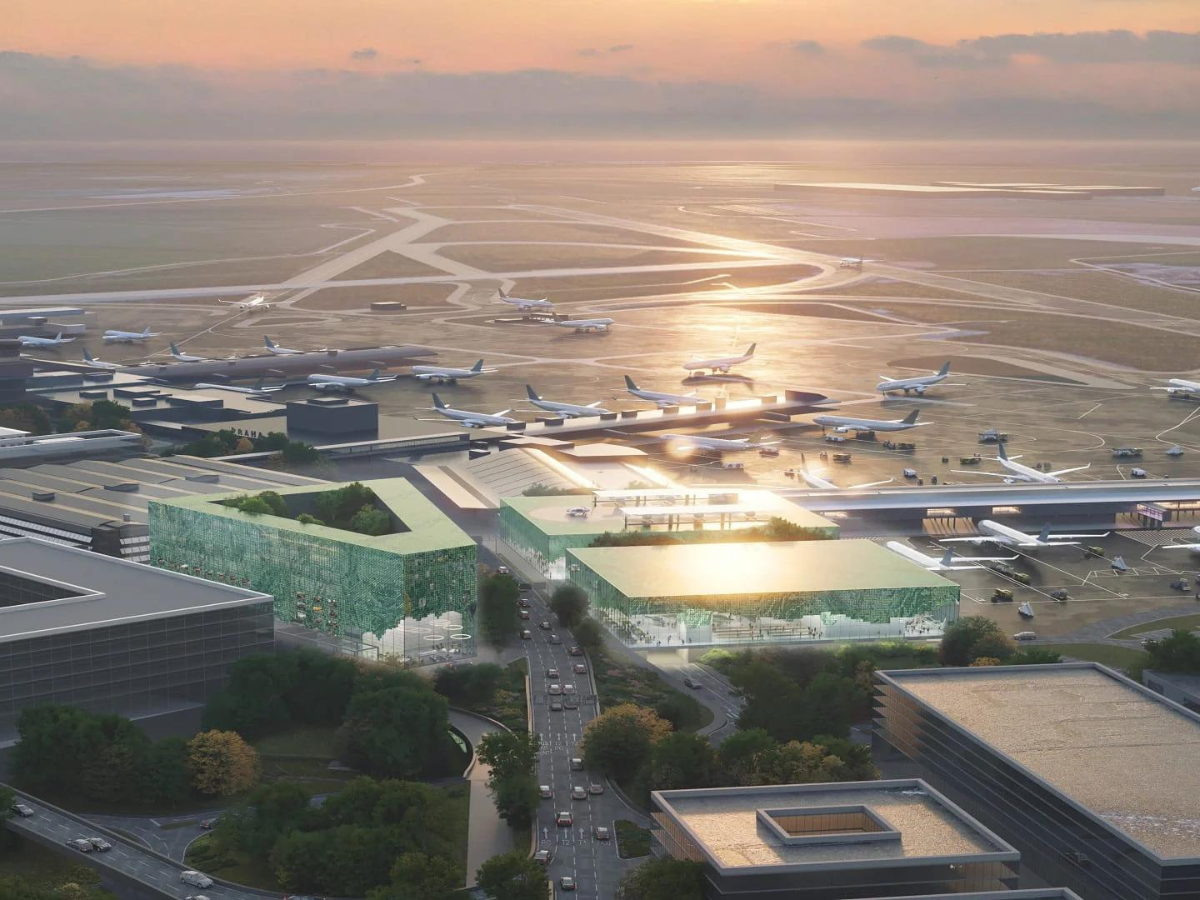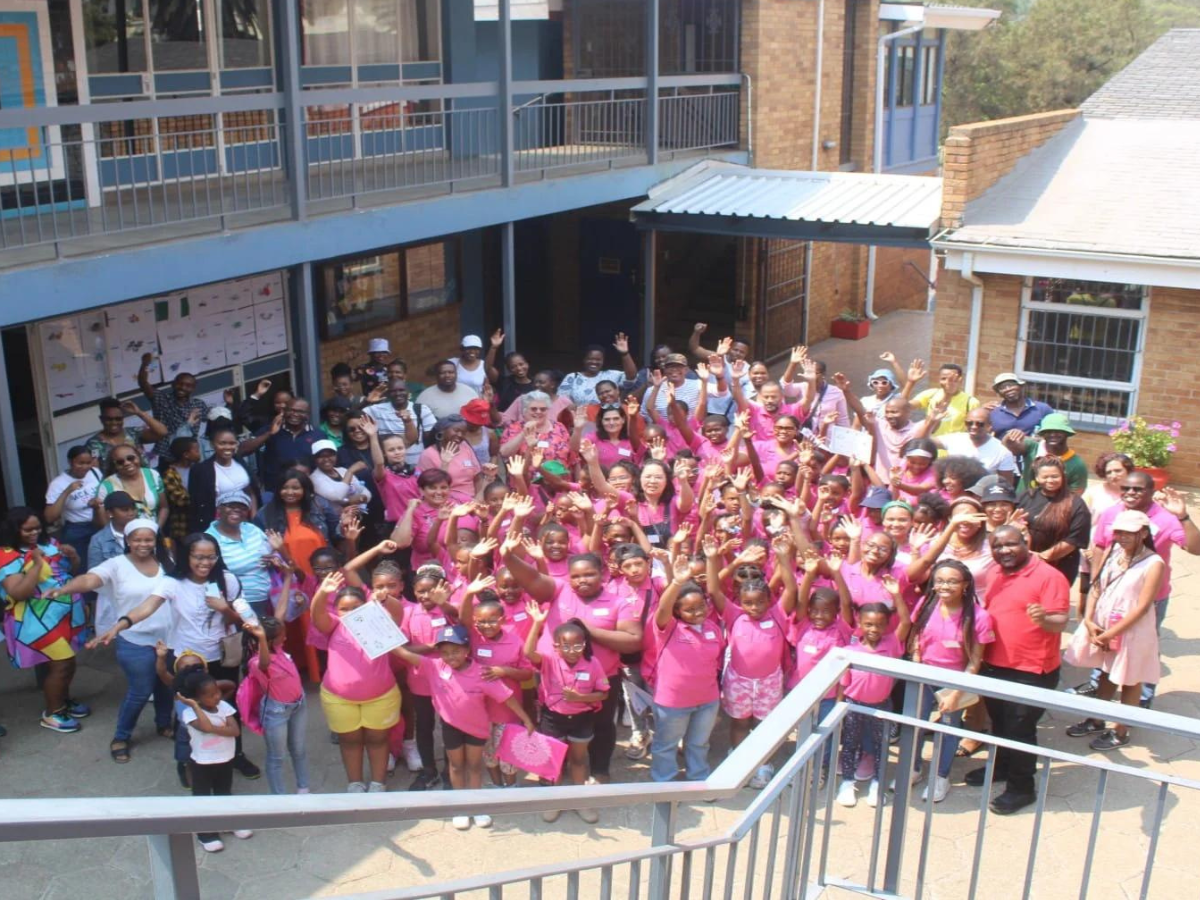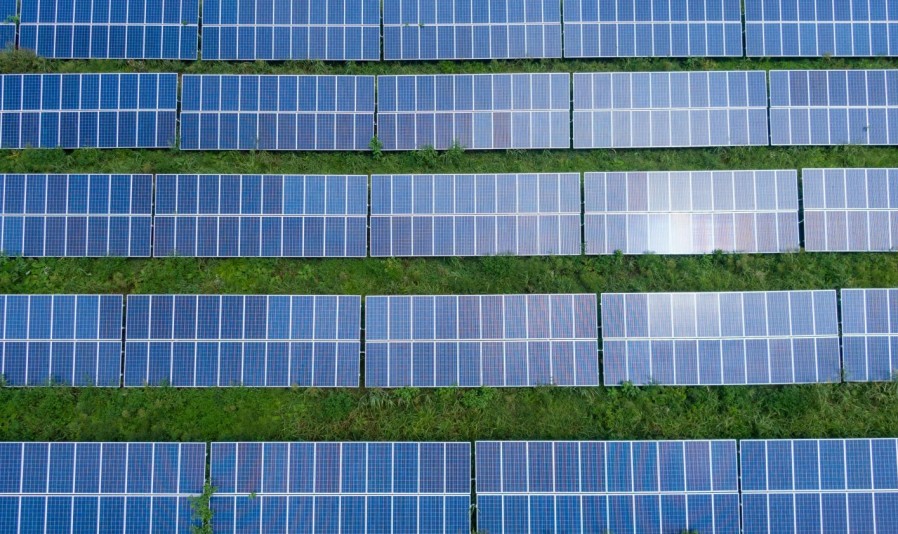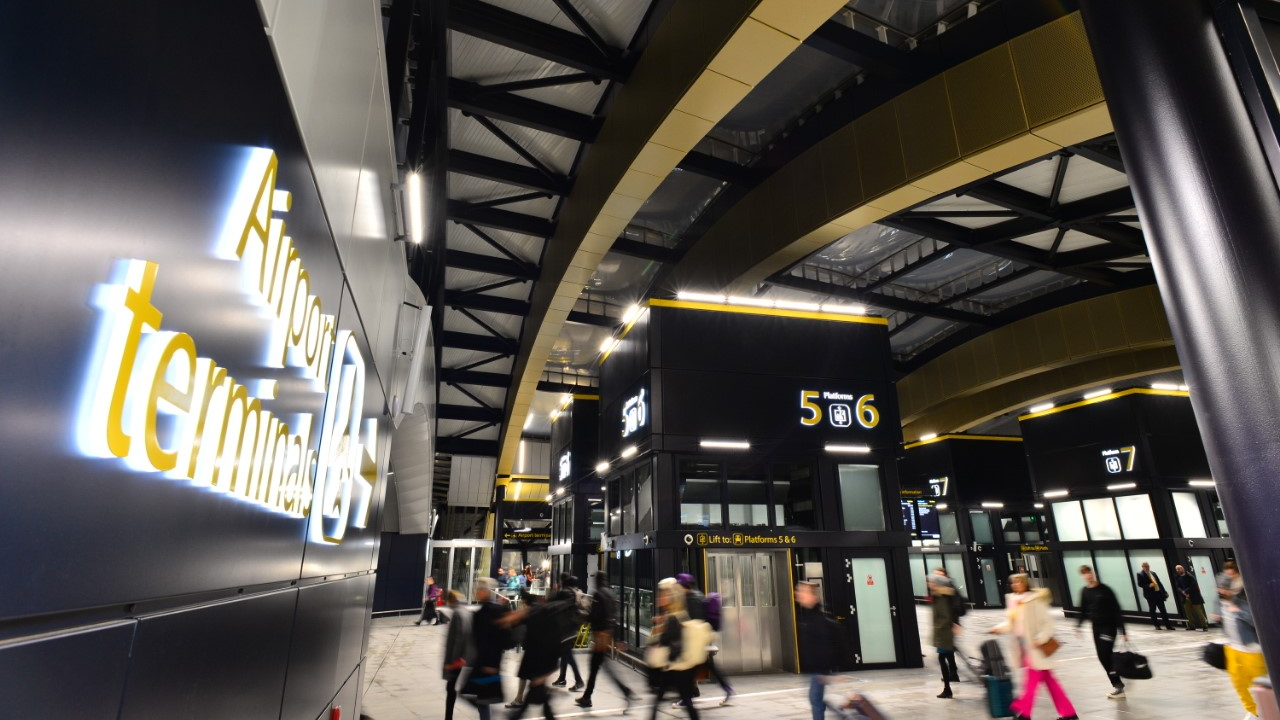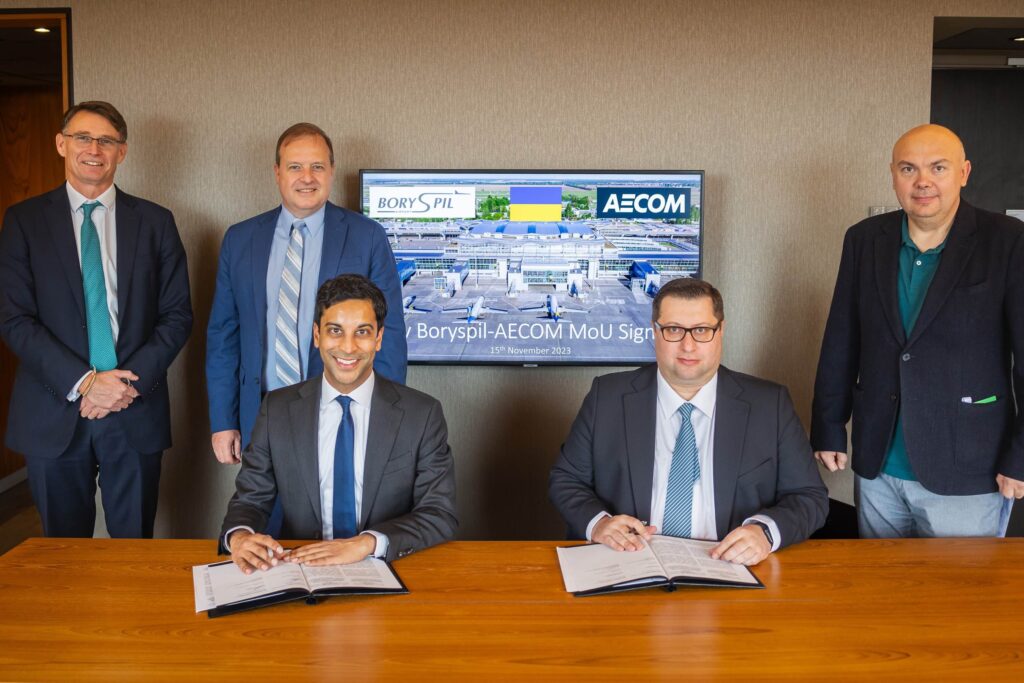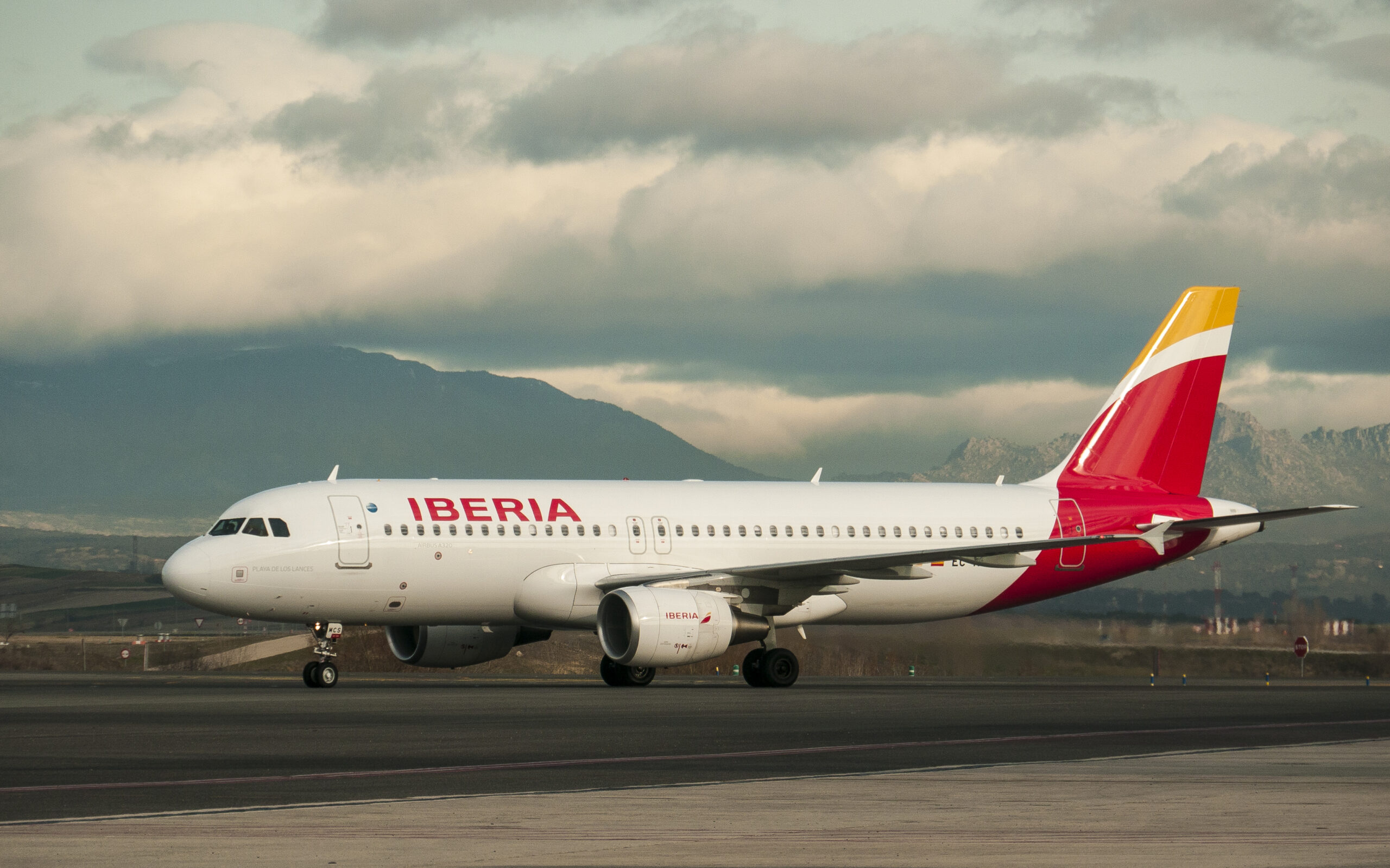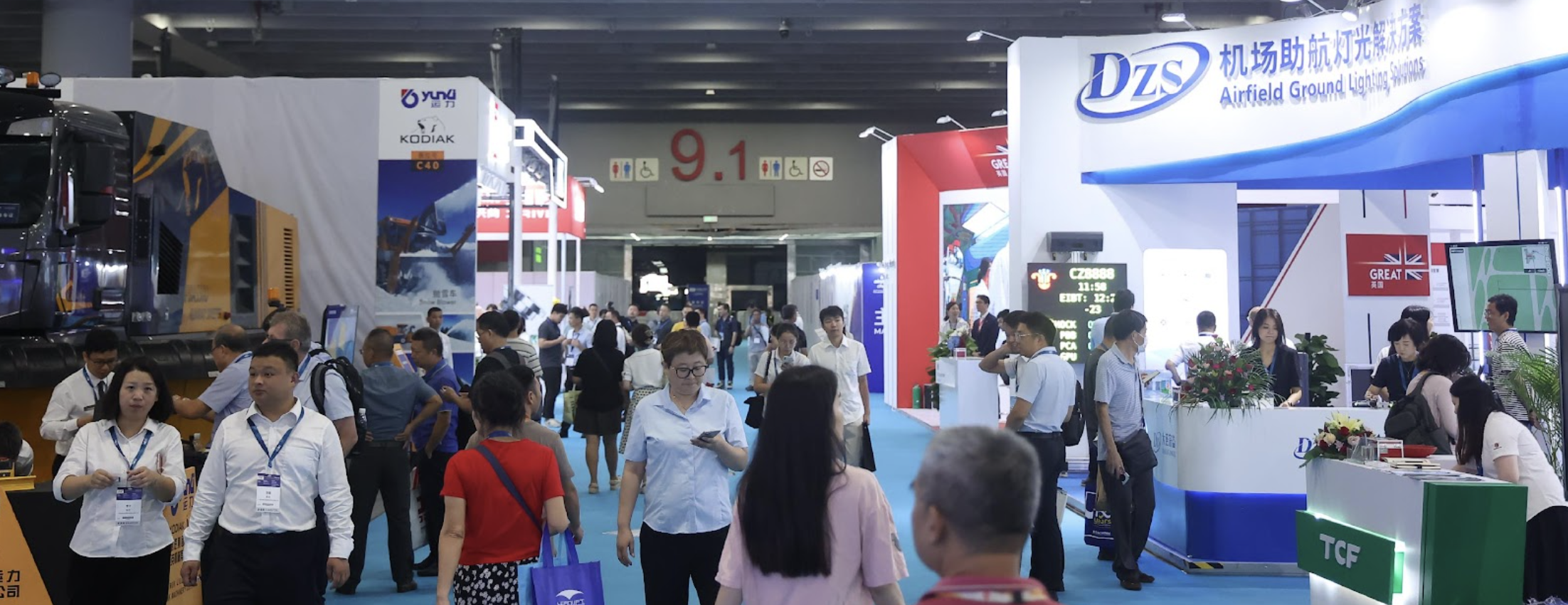Last month, we held the 4th annual edition of our NACO Sustainable Aviation Summit, on the theme of ‘Measuring progress’.
Traditionally held for NACO staff to share knowledge, this year’s edition broke the internal format – as more than 120 industry experts explored sustainable aviation together.
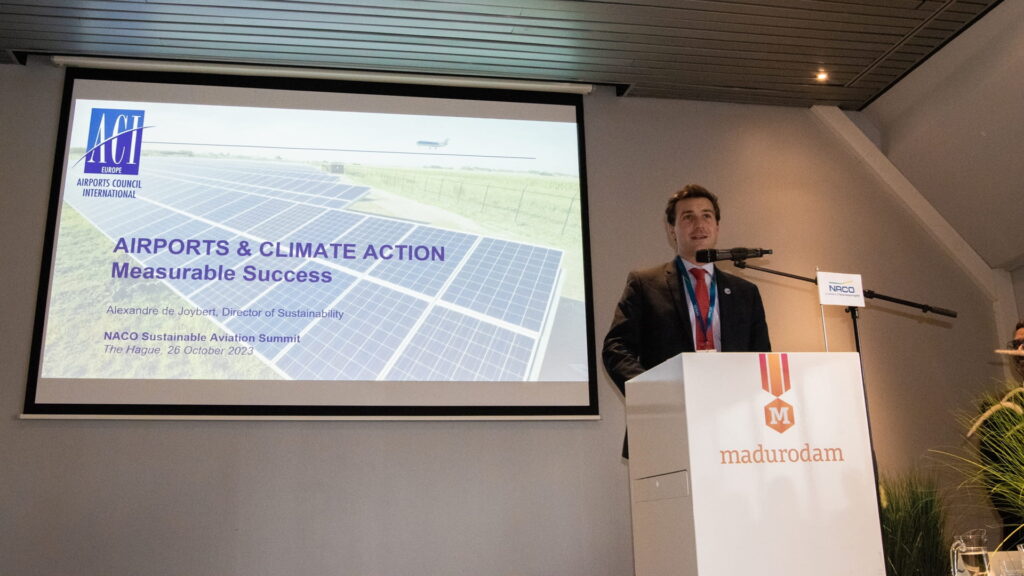
A Keynote From ACI Europe
The summit kicked off with a keynote presentation by Airport Council International (ACI) Europe’s Sustainability Director, Alexandre de Joybert.
The presentation focused on the progress and success of ACI’s global standard for airport carbon management, the Airport Carbon Accreditation (ACA). The accreditation is now spread over four levels – from mapping carbon footprints to absolute emissions reduction in line with the Paris Agreement. Conceived in 2009 in Europe, the accreditation is now global, with 552 airports accredited around the world – representing almost half (45.8%) of global passenger traffic. Two further levels in the accreditation are currently in development.
Meeting the EU-Funded Consortia Leading the Way
ACI’s keynote was followed by presentations from the four leading EU-funded consortia. Alongside introductions to their projects, the presentations shared promising takeaways and updates for sustainable aviation:
- Fokko Kroesen, Senior Advisor of Sustainable Aviation Strategy at Royal Schiphol Group, and project lead of the EU consortium TULIPS – Green Airports, that is delivering a standardised approach of measuring Ultrafine Particles (UFP) levels in the airport environment and determining the effect of various UFP mitigation strategies.
- Christel Vandenhouten, Head of Sustainable Development at Brussels Airport Company and project lead of Stargate – EU Green Deal. The consortium is developing an Airport Digital Twin ecosystem, integrating a variety of data sources and different existing tools to deliver an interconnected suite of solutions to model the airport in its context. Use of the Digital Twin will focus on aspects such as Greenhouse Gas (GHG) emissions and energy consumption to simulate and evaluate change impacts.
- Ayce Celikel, President of ENVISA and partner of OLGA Project, which shared their creation of a 24/7 enabled Software-as-a-Service (SaaS) platform for emissions and air quality pollutants modelling and monitoring.
- Jesper Jacobsen, Head of Sustainability Development at Copenhagen Airports A/S and Sabrina Tekle Krarup Jensen, Senior Project Manager for Sustainability, project leaders of the ALIGHT consortium. They showcased one of their projects: An air quality measurement campaign at Copenhagen Airport that demonstrated that using Sustainable Aviation Fuel produced 30% less soot in the air.
Four Workshops To Dig Deeper
Our plenary session was followed by workshop sessions in four parallel streams. In each session, participants engaged in assessing challenges and identifying solutions, to help measure the progress and shape the future of sustainable aviation.
Stream 1: Improving Air Quality in an Airport
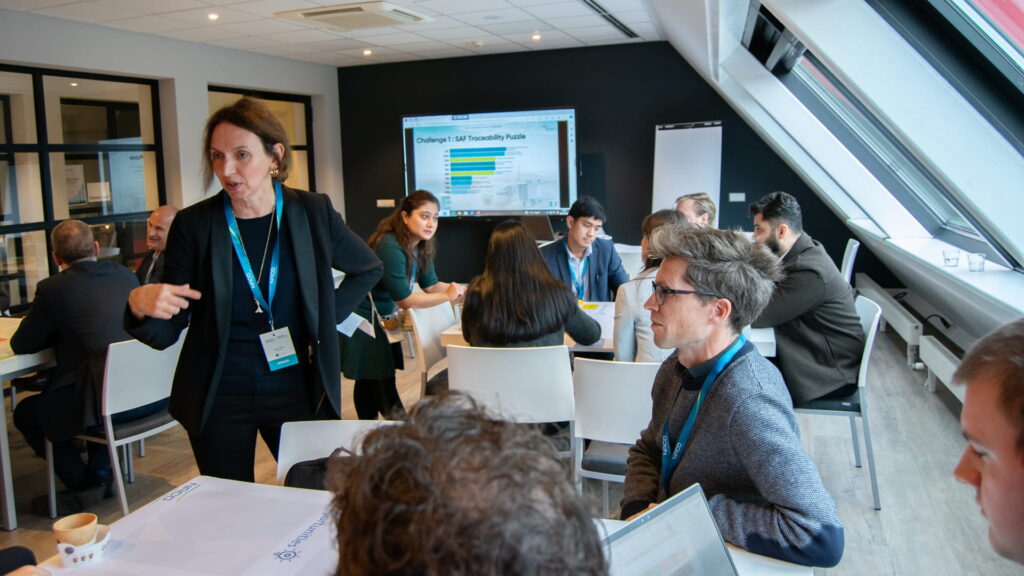
This session discussed air quality challenges encountered by airports – from tracking pollutants, to modelling Ultrafine Particles (UFP).
The identified solutions selected by attendees included:
- Establishing a standardised air pollutant reporting process for consistent emissions tracking.
- Standardise UFP measurement to support informed decision-making, research, and public health protection.
- Development and employment of more sophisticated computational models to accurately simulate the dispersion of UFPs in complex airport environments.
Stream 2: Circulatory Principles in an Airport
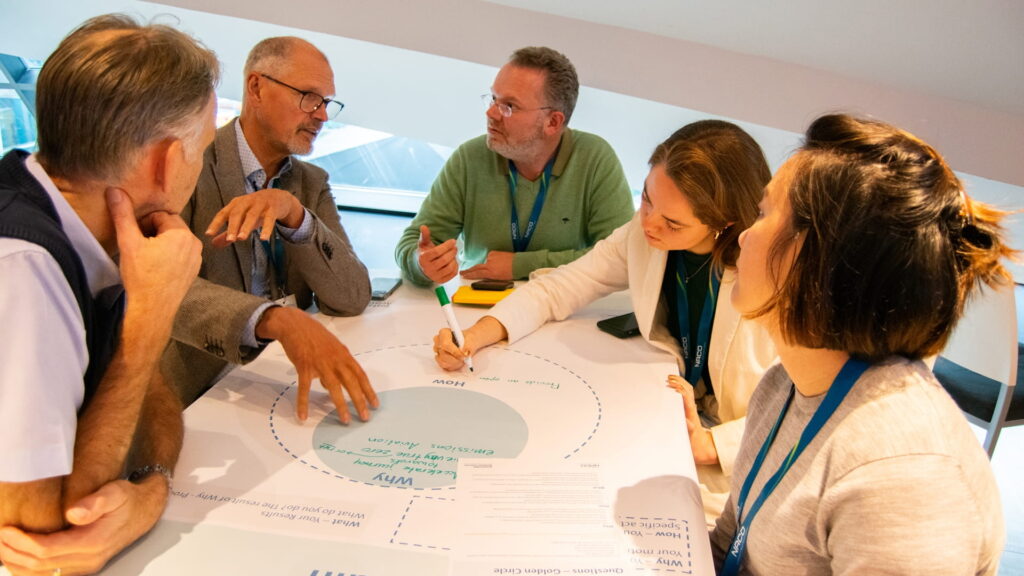
This session explored challenges including materials sourcing for construction, aeronautical and non-aeronautical operations, waste management and energy recovery.
The identified solutions selected by attendees included:
- Facilitate circular choices during the design phase (BIM Integration)
- Implement supplier code agreements to guarantee sustainably supplied products and materials
- Better waste separation, infrastructure and signage
- Off-site combination of (any of) waste-to-energy processes
Stream 3: SAF Usage, Supply & Infrastructure
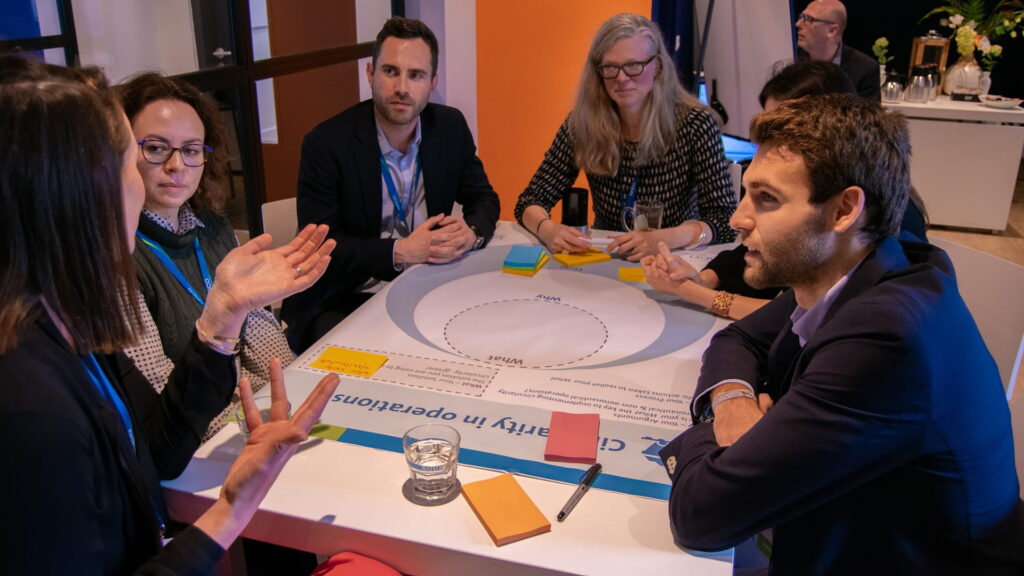
This session explored the challenges facing Sustainable Aviation Fuel (SAF) uptake – from high cost and corresponding impact on operating costs (OC) for airlines, to the need for governmental guidance and support.
The identified solutions selected by attendees included:
- Investing in the Supply Chain (Entering SAF Production Market) to underpin the long-term viability of airports by ensuring a stable SAF supply.
- Supporting Airlines with Cost Reductions for airports to position themselves as the preferred choice for airlines.
- Raising Awareness with the public, industry, and governments.
Stream 4: Innovative Technologies
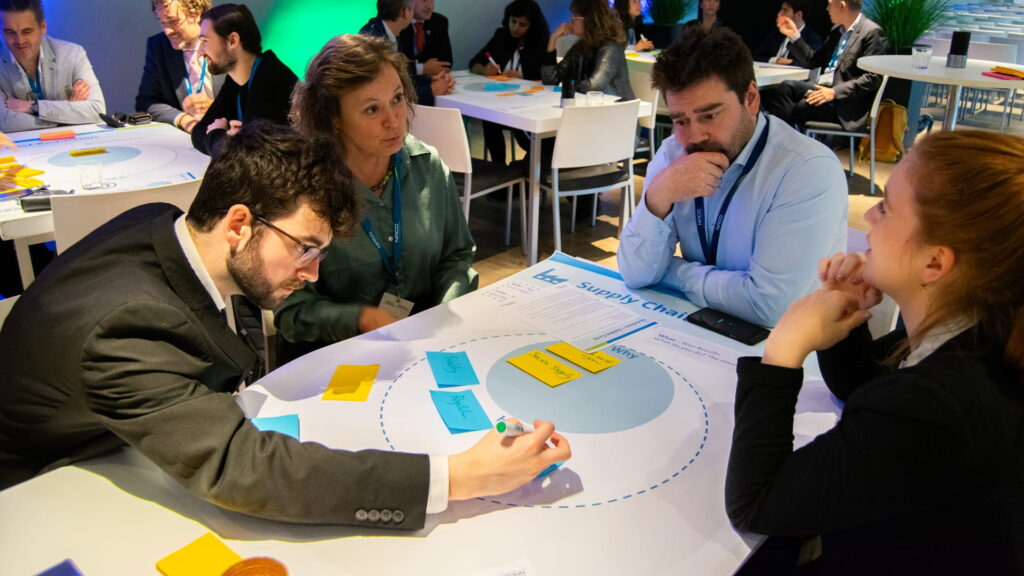
This session explored the challenges facing the transition to alternative fuels and some key findings from the discussion included:
- A tripartite Energy mix holds a solution to +90% of CO2 emissions in aviation. Policy makers are pushing towards that and manufacturers have accepted the challenge.
- The network of actors must provide the necessary complementary products and services for on-site operations.
- This network can also help in crossing the chasm in technology diffusion into mass market in the form of peer networks.
An Investment in the Future of Sustainable Aviation
The collective investment and enthusiasm of our attendees made this event our best Sustainable Aviation Summit yet. The outcome is a clear picture of the progress already being made towards sustainability in our sector, and the opportunities that still lay ahead to go further. If you’d like to discuss any of the outcome or solutions from our Summit in greater detail, don’t hesitate to reach out.
This article was originally published by NACO.

